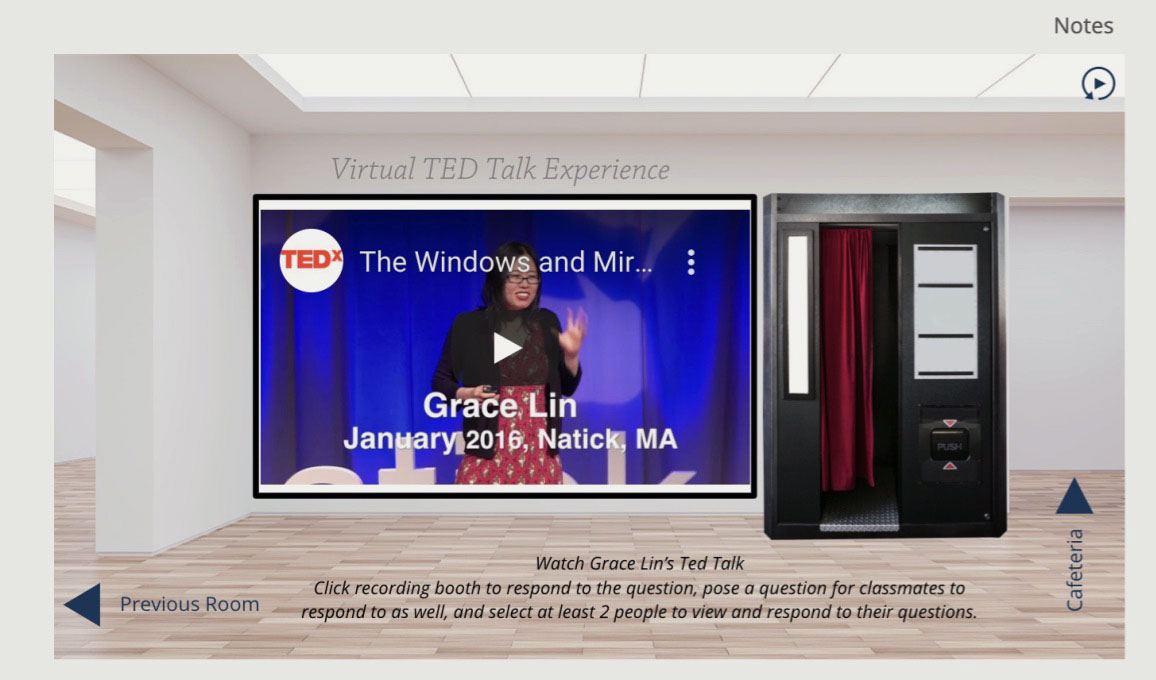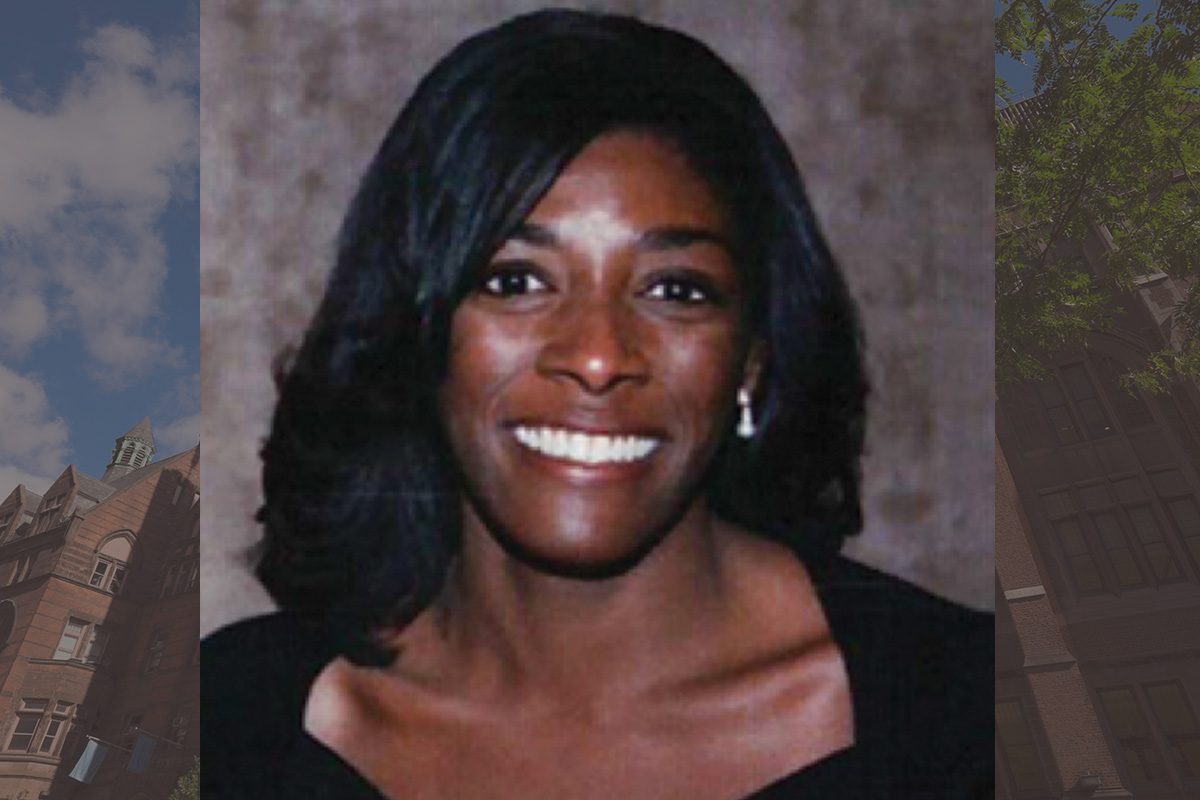Detra Price-Dennis won’t pretend otherwise: She and her TC students were devastated when the COVID pandemic forced them to work remotely.
That’s out of character for someone who — literally — has been an avatar of online education. A few years ago, for TC’s annual Reimagining Education Summer Institute, Price-Dennis, Associate Professor of Education, created a virtual museum, complete with a gift shop and a maker space, in which, docent-like, she leads “visitors” on a narrated tour.
“I wanted to try something different — an immersive virtual experience for my modules,” she says. She laughs. “I went to Minh Le in the Office of Digital Learning, thinking he’d throw me out, but he said “yes” before I even said what it was.”
But some things really can’t be done virtually.
That, sadly, is the case with a year-long project that Price-Dennis and her TC students were conducting with a teacher, Noelle Mapes (M.A. ’15), and her second graders at P.S. 142 on Manhattan’s Lower East Side. In the fall, the youngsters looked at local city monuments, learning about the people whom they honor and why.

BOOKS, WINDOWS AND MIRRORS Price-Dennis's online modules for teachers have often focused on the importance of using literature that mirrors student diversity. (Photos: TC Archives)
A consistent finding was that most of the statues look
nothing like the people in the neighborhood. So, during fall and spring semesters, the second graders researched monuments, interviewed community members they admired, and worked with TC students to design and construct prototypes of new monuments to honor them using 3D printers and other tools in TC’s Transformative Learning Technologies Laboratory. During spring semester, they had just started working on a podcast when schools were abruptly closed due to COVID-19.
At first, after school buildings were closed, everyone wanted to somehow continue — “but it was too hard to do breakouts online with second graders in their homes in New York City and many of my own students in China and California,” Price-Dennis says.
I didn’t anticipate the emotions coming through in [students’] animations. They expressed a need for community, and a need for ways to talk to material and make sense of it.
— Detra Price-Dennis
The TC students have since created their own animations to express their reactions to articles they’ve read about engaging youth in research, and how young children are experiencing online learning during the COVID crisis. They shared their creations with family members and one another via a tool called Padlet, and more recently have collaborated on a policy statement about online learning.
“I didn’t anticipate the emotions coming through in their animations,” Price-Dennis says. “They expressed a need for community, and a need for ways to talk to material and make sense of it.”
It’s all good work, Price-Dennis says, “but Noelle and I want to continue our project in the fall. We want to ask the kids, What is this new world? Can you create an alternate reality experience? They all have iPads. TC students would support them. But it depends on whether or not we go back on campus. With eight-year-olds, you need high touches. You can’t do this type of work very well virtually.”

